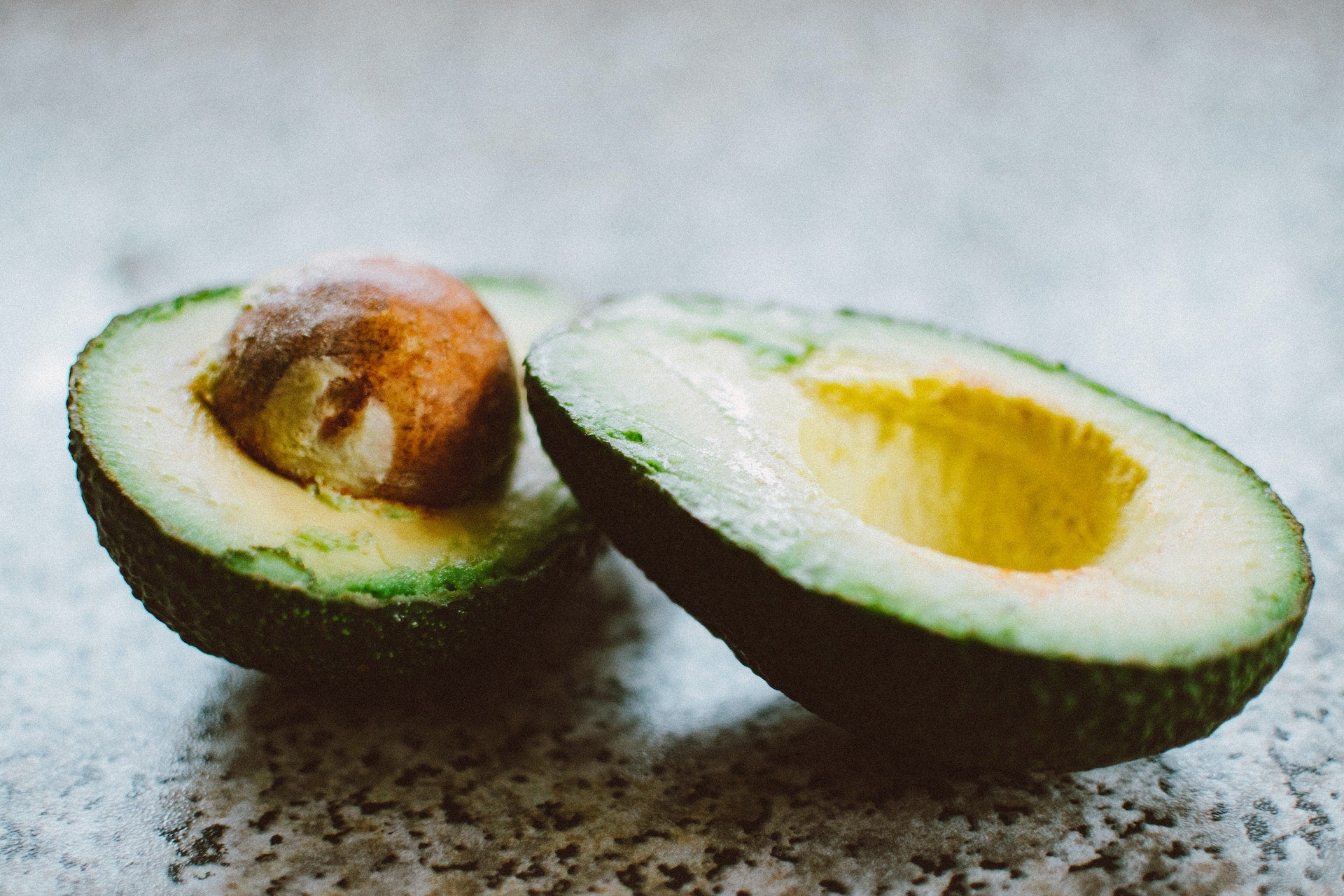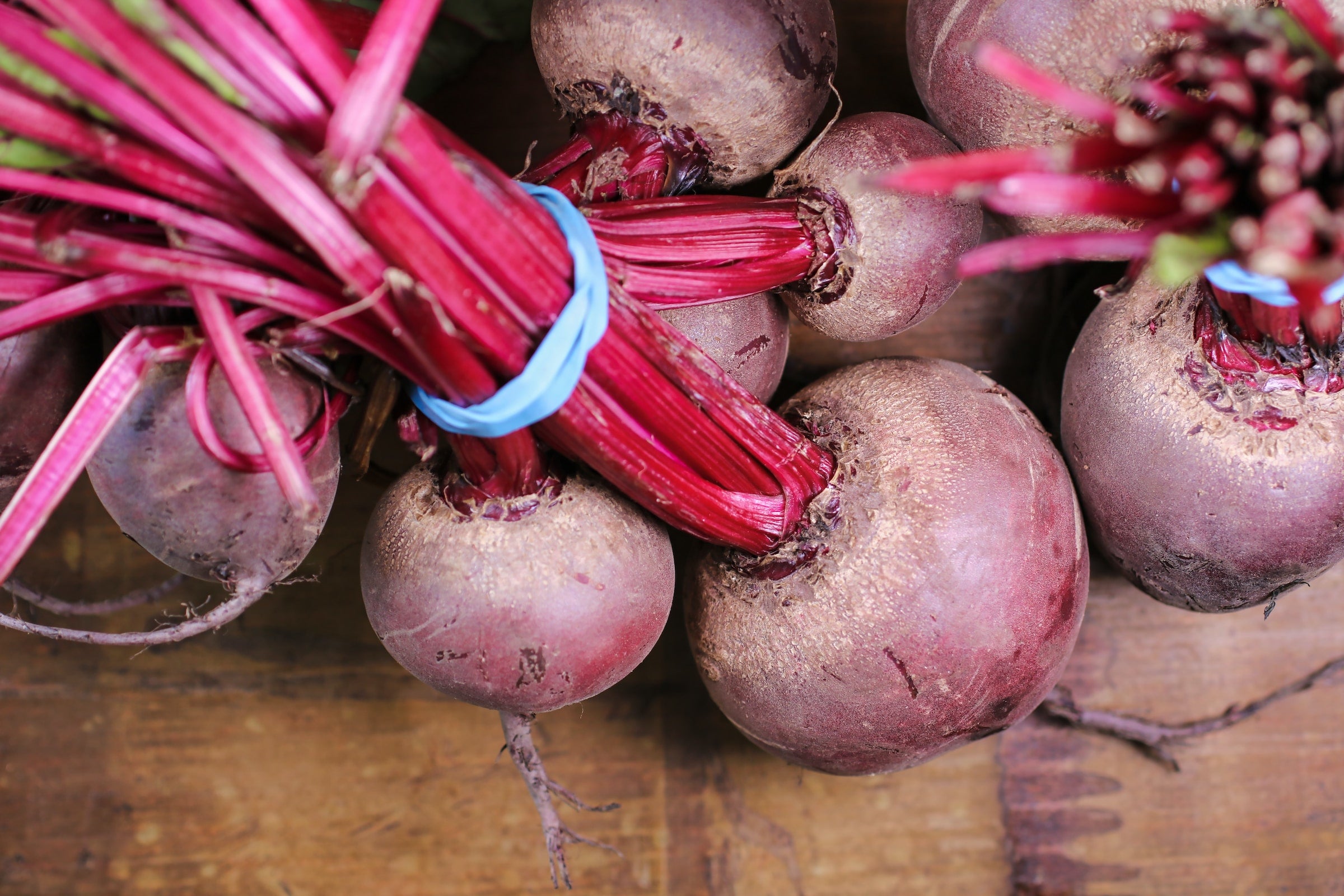What Is Sustained Energy? 8 Foods That Give You Energy

Waking up tired, most of us immediately reach for the life-giving, caffeinated cup of coffee that will give us the energy we need to get out of the door. Maybe we grab a donut, and by 10:00 a.m., we feel even more lethargic. This begins a cycle of attempting to sustain our energy levels with caffeine and sugar while simultaneously realizing it just isn’t working.
There has to be a better way to stay energized and focused while avoiding that all-too-familiar sugar and caffeine crash. Spoiler alert: there is, but you won’t find it at the bottom of your quad espresso.
Let’s talk about sustained energy, how it works, how you can get it, and why it’s better for your overall health.
What Is Sustained Energy?
There are two types of energy: short bursts of energy, like the kind you feel after you down your doppio, and sustained energy. Sustained energy is energy that lasts and doesn’t feel as though it comes in quick bursts during the day.
Sustained energy is “normal” energy. This is your body’s energy balance—the opposite of feeling chronically fatigued or lethargic.
The body wants to remain in a state of balance, or homeostasis, for all of its metabolic functions, including energy. When something tips the scale, like added sugar or caffeine, our body’s natural desire to self-regulate and return to a balanced energy state can make us feel like we’ve had an energy crash.
When your energy levels are sustained, you shouldn’t feel drained, foggy-headed, or crave stimulants to keep you awake. When your energy levels are balanced, having “low energy” becomes a distant memory.

How Does Food Influence Our Energy Levels?
Energy production begins with the foods we eat. When we eat food, it is broken down into usable packets of nutrients through digestion. For example, when we consume carbohydrates, glucose in the bloodstream is shuttled to the cells, where the cells use it to create ATP, the energy currency that causes the cells to function.
That means that the foods we eat are very important for sustained energy production. When we consider macronutrients (carbohydrates, fats, and protein), it’s important to remember that both carbs and fats metabolize into energy, but protein does not.
Importantly, the carbs and fats we choose will either serve as energy-boosting foods or foods that dramatically spike our blood sugar levels and leave us with a crash, or cause inflammation and damage to our cells. Choosing complex carbs (like whole grains and root vegetables, which contain fiber) and healthy fats will support natural energy levels better than refined carbohydrates and trans fats.
What Are the Best Foods for Sustained Energy?
It can seem difficult to decide which foods are best for sustained energy levels, but you don’t have to be a nutritionist or even a dietitian to make better, healthier choices and enjoy more evenly balanced energy levels. Here are 8 foods that are excellent sources of complex carbohydrates and healthy fats that will help you stay energized all day.
1. Peanut Butter
Your favorite sandwich spread just got a good report card. Peanut butter (without added sugar) contains all three macronutrients. Peanut butter contains about seven grams of complex carbohydrates per serving (usually two tablespoons), along with fiber, healthy fats, and protein.

2. Avocados
Another food that contains all three macronutrients is the mighty avocado. Guac may be extra, but you’ll also get extra energy if you add a dollop to your plate.
Avocados also pack in nutrients like vitamin E, potassium, magnesium, and vitamin C, all of which support energy levels. Some preliminary studies even show that eating avocados is heart-healthy.
3. Sweet Potatoes
Sweet potatoes are an excellent source of complex carbohydrates that can keep your energy levels balanced for hours. They’re also a great source of beta-carotene, which is a precursor to vitamin A. Your body needs vitamin A to support ATP production in your cells.
4. Quinoa
Complex carbohydrates, as we mentioned earlier, contain both carbs and fiber. The fiber in complex carbs helps them break down more slowly in the bloodstream, which prevents a dramatic spike in your blood sugar.
Brown rice might be the most popular complex carb on the block, but quinoa is giving it a run for its nutritional value. It has more protein, amino acids, and micronutrients than brown rice, and contains fewer calories per serving.

5. Matcha
Although it may sound like we’re anti-coffee or anti-caffeine, that’s not the case. We’re anti anything that can give you jitters and then cause you to have an energy crash, which is why we prefer a matcha latte to a regular latte.
Matcha is a powdered form of green tea. It contains L-theanine, an amino acid that produces a calming effect on the brain, and caffeine (but less than coffee). The combination of L-theanine and caffeine has been referred to as promoting a sense of sustained “alert calm”. If you really want a powerhouse energy drink, a matcha latte is your go-to.

6. Chia Seeds
Chia seeds are small but mighty. They pack in plenty of protein and fiber, and are one of the top plant-based sources of omega-3 fatty acids, an essential fat that provides your body with energy and supports numerous systems, including the cardiovascular and hormonal systems. You can add these to yogurt or whole oats, or sprinkle them in your smoothie.

7. Beets
Beets may just be one of the best superfoods on the block. They’re an incredible source of energy because they contain natural nitrates, which are converted to nitric oxide. Nitric oxide helps increase blood flow and improve circulation, which is associated with better heart health and better performance during exercise.
You can also consume beets as beet juice, but be sure the juice you choose isn’t full of added sugars. Also, the downside here is that you won’t benefit from the fiber found in whole beets that helps prevent blood sugar spikes.
8. Salmon
Looking for a good source of omega-3 fatty acids? Salmon is your solution. Salmon is rich in this energy-sustaining fat, as well as vitamin B12. If you’re considering a low-carb diet, salmon can help you maintain energy levels.
How Can These Foods Improve Overall Health?
Choosing more complex carbohydrates, healthy fats, and lean proteins can have health benefits that go above and beyond simply helping you have sustainable energy. Eating a balanced diet is beneficial for helping support your immune system and also regulating metabolic markers like cholesterol and blood pressure.
The Bottom Line
Energy is designed to be balanced, but sometimes we self-sabotage by choosing the incorrect foods to help support our energy levels. Choosing the right energy-sustaining foods is essential for making sure our energy levels are balanced and sustainable for the entire day.
Making dietary changes that involve choosing more energy-balancing foods will not only help you rely less on caffeine and sugar — it will also help improve your overall health. Choosing foods rich in nutrients and low in added sugar, salt, and trans fat translates into better health markers and a body that functions properly.
You can make more sustainable changes easily when you grab the meticulously chef-crafted Functional Chocolates available from JOYÀ.
